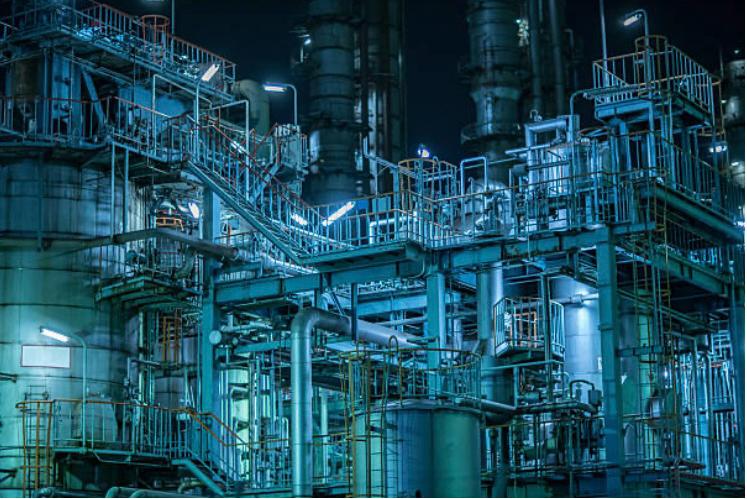Nigeria exported petrol worth N371.54bn in Q2 2025—the first such shipment since the Dangote Refinery began operations. Petrol accounted for 1.63% of total exports, marking a shift for a country long dependent on imports. No exports were recorded in the previous quarter or in 2024.
Only N85.83bn (23.1%) of exports went to Africa, all within ECOWAS. The remaining 76.9% was shipped to Asia and the Middle East. Petrol ranked as Nigeria’s ninth-largest export globally, but fifth within West Africa and fourth in ECOWAS.
Imports still dominate
Despite exports, Nigeria remained a net importer, spending N2.38tn on petrol in Q2 2025—down 45.6% from Q2 2024 but still 6.4 times exports. Imports rose 34.9% quarter-on-quarter from N1.76tn in Q1. Cumulatively, N4.14tn worth was imported in H1 2025, compared to N8.18tn in H1 2024. Analysts expect local refining to gradually reduce reliance on imports.
Aliko Dangote said the refinery exported about 1.35bn litres (one million tonnes) of petrol between June and July, alongside aviation fuel to Europe and Saudi Arabia. Exports reportedly peaked at 90,000 barrels per day in June, reaching Oman, Singapore, and Malaysia, though outages slowed volumes.
Under a naira-for-crude deal, the refinery must supply fixed domestic volumes to prevent export focus from hurting local supply. Dangote dismissed monopoly concerns, stressing investment aims at energy independence.
The NMDPRA noted Nigeria and West Africa still import about 69% of petrol needs, with 2.05m metric tonnes traded monthly, mostly from abroad.
Nigeria’s refined products are also reaching the US, which imported about 630,000 barrels daily in Q2 2025, alongside the Netherlands, Canada, and India.
President Bola Tinubu described the refinery as part of Africa’s push to reshape global energy markets, calling for regional integration to secure supply and boost prosperity.
The rise of petrol exports signals a major shift: after decades of heavy imports, Nigeria is now emerging as both a regional supplier and a player in global refined fuel trade. Analysts predict higher foreign exchange earnings, reduced dependence on imports, and a stronger role for Nigeria as West Africa’s energy hub.

